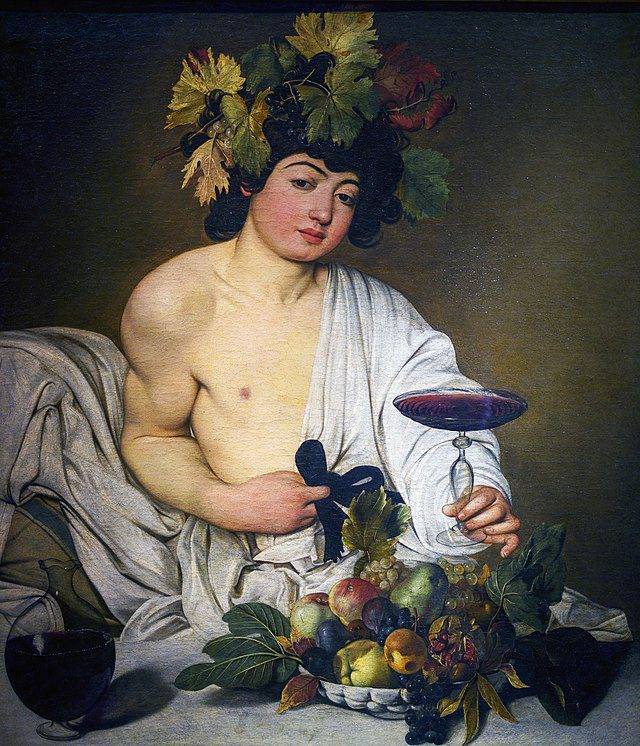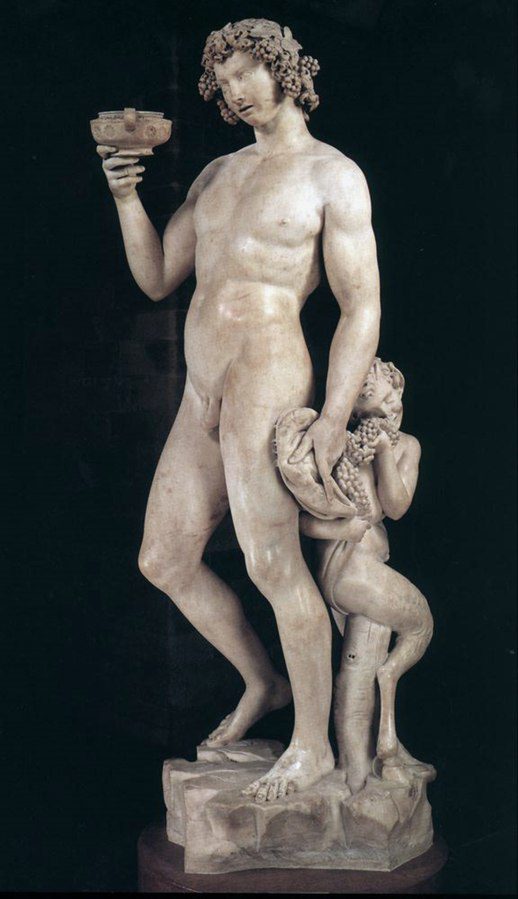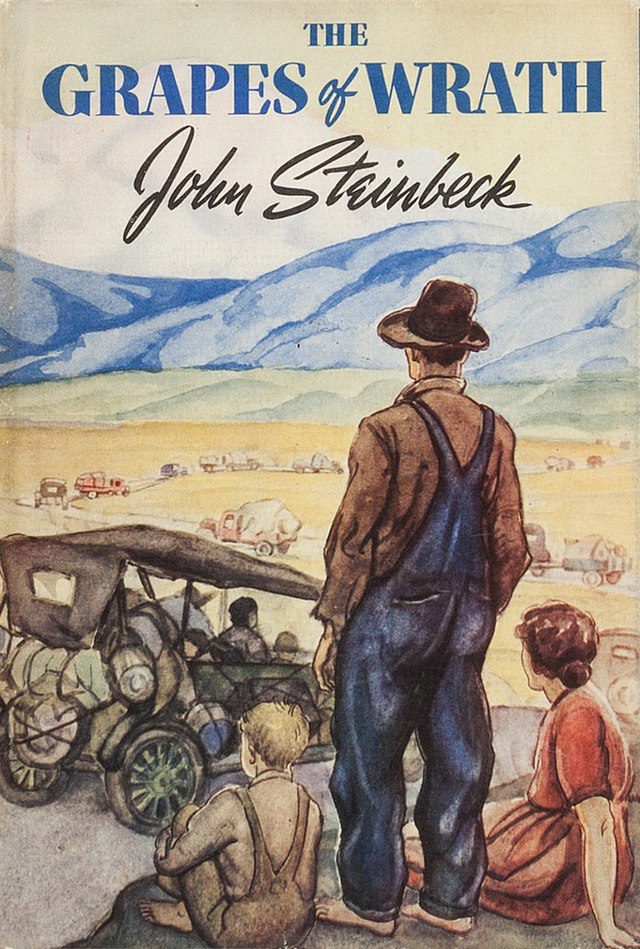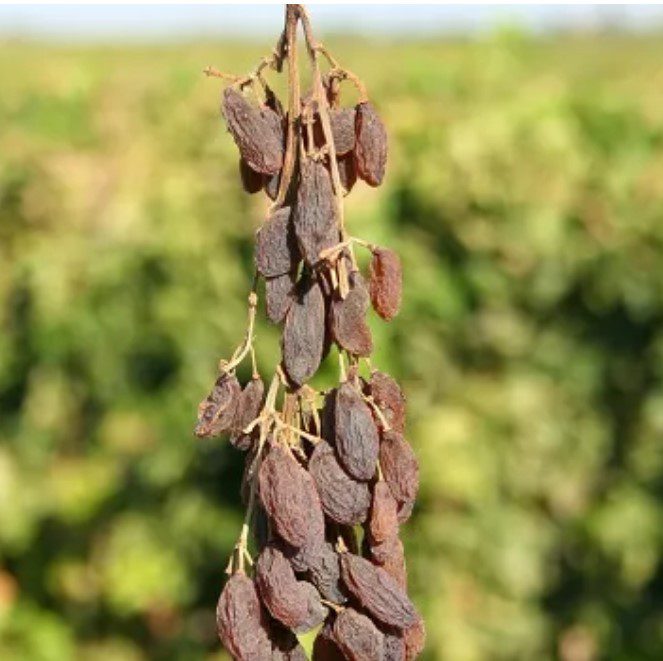- Parallels with Human Endeavors
- Analogous to the smallest units in networks, such as individual cells in a hive or nodes in a neural network, which collectively drive function and efficiency.
- Art and Sculpture
- Bacchus (Roman) or Dionysus (Greek) is frequently depicted in art and sculpture as the god of wine, surrounded by grapes, vines, and symbols of revelry. These works often explore themes of abundance, indulgence, and the duality of creation and destruction.
- Caravaggio’s “Bacchus”: Portrays the god with a goblet of wine and grapevines, symbolizing indulgence and life?s transformative powers.

-
-
- Michelangelo’s “Bacchus”: A sculpture representing the god in a youthful and indulgent pose, symbolizing the duality of creation and destruction.
-

-
- Biblical
- Grapes are significant in Biblical themes as symbols of abundance, blessing, and judgment. For example, in Revelation 14:19-20, “the great winepress of the wrath of God” uses grapes as a metaphor for divine justice and retribution.
- “The Vine and the Branches” in the Bible (John 15:1-8): Grapes symbolize spiritual connection and sustenance, illustrating the relationship between individuals and their divine source.
- Song of Songs: Grapes and vineyards are used as metaphors for love, vitality, and abundance, reflecting deep emotional and spiritual connections.
- Literature
- Biblical

-
-
- The title “The Grapes of Wrath” draws from the Biblical imagery in Revelation 14:19-20, symbolizing both suffering and eventual justice. In Steinbeck’s novel, grapes metaphorically represent the hardships of oppressed workers and their potential for unified resistance, akin to the acini collectively sustaining lung function.
-

Acknowledging source – thejosevilson.com
-
-
- “A Raisin in the Sun” by Lorraine Hansberry takes its title from Langston Hughes’ poem “Harlem,” where a deferred dream is likened to a grape drying into a raisin. The imagery reflects lost potential and unfulfilled aspirations, drawing a parallel to damaged or non-functional acini within the lung.
- Quotes from Famous People
- Homer (circa 8th century BCE) (The Odyssey): “Wine can of their wits the wise beguile, make the sage frolic, and the serious smile.”
- Plato (427?347 BCE): “No thing more excellent nor more valuable than wine was ever granted mankind by God.”
- Benjamin Franklin (1706?1790): “Wine is constant proof that God loves us and loves to see us happy.”
- Ernest Hemingway (1899?1961): “Wine is the most civilized thing in the world.”
-
